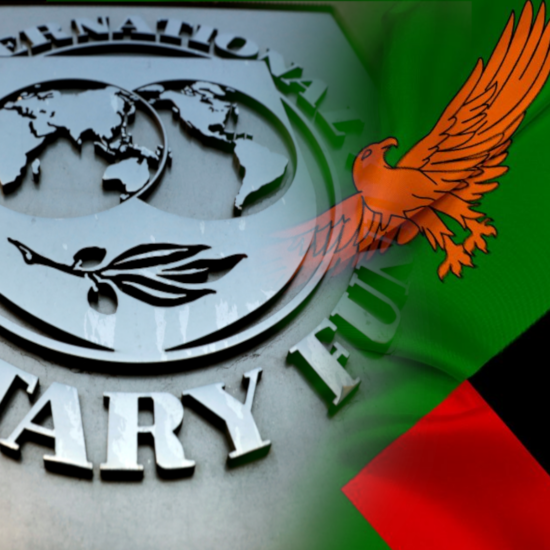
Locally owned and upcoming Oil Marketing Companies – OMCs have expressed concern at still being sidelined by the new dawn UPND government when it comes to awarding of oil supply deals.
“What we’ve witnessed is that when government accumulates debt, only then do they resort to the smaller and mostly locally owned OMCs; we feel used because at some point will come and say, ‘let’s give you waivers’ because, now, they are unable to service the debt”, stated the Association of Oil Marketing Companies President Dr. Kafula Mubanga.
So, where do they run to? the local OMC’s. So, we really appeal to government [and the new minister of energy Chibwe Kapala] to make a serious decision in rescinding that contractual obligation by creating policies around the tendering process to ensure that the local OMCs are also part of the stakeholders that supply (the commodity)…” he added.
“I always say, ‘let the waivers be a preserve of indigenous Zambians’ so that they are able to build capacity by importing so that it’s not a contractual obligation; they source product, then they bring the product on the market and be able to create competition on the market between the majors (mostly foreign owned OMCs) and minors (mostly locally owned OMCs). In fact, government was supposed to award those contracts to Zambians or to come up with a structure were the majors subcontract the indigenous owned companies.”
But when asked whether government’s proposal to restructure the fuel supply chain next year to achieve least cost pricing while ensuring stable supply of petroleum products would be able to cut out middlemen?, Dr. Mubanga observed that it may be difficult to implement restructuring in practice as the dominance of foreign OMCs rules out the prospect of cutting out middlemen in the fuel procurement process.
“The commitment might be there, but the technically, It’s very clear from the contracts that were awarded that it does not provide that solution in detail because there is no way you are going to avert agents or middlemen with only the majors or large OMCs on the market playing the game.
That is not true. That is not the correct position. The correct position to us achieving that is that there should be indigenous participation in the supply chain, and that in itself shows the commitment of the ‘New Dawn’ government. The good will is there, but the technicality is the issue we’re talking about,” replied Dr. Mubanga.
The most recent fuel pump price hike occurred on December 27, 2019, where the Energy Regulation Board (ERB) approved fuel price increases for petrol, diesel, kerosene, Low Sulphur Gas (LSG), among others, to K17.62; K15.59, K15.39 and K17.88 per litre, respectively.
At that time, the kwacha breached the K15 per US dollar threshold for the first time in Zambia’s history, as oil prices on the international market soared to hit nearly US $70 per barrel of Brent Crude oil.
The Kwacha is now trading at about K17.5 per US dollar and crude oil price at the international market have skyrocketed to over US $83 per barrel, a three-year high, according to prices tracked by oil-price.net, the commodity pricing monitor. It’s clear that both the price per barrel and the current US dollar to Kwacha exchange rate have adversely moved to force an upward price adjustment.
Moreover, Government’s fuel arrears have significantly risen due to the price differential between the landed cost of petroleum products and the obtaining pump price at gas stations resulting in government subsidizing the commodity. The stock of fuel arrears as at end-August, 2021, stood at about US $480 million.
Successive Zambian governments have struggled to find a workable formula to enable the growth of locally owned OMCs as the market is heavily dominated by foreign owned OMCs. It also remains one of the major drainers of forex from the Zambian economy, putting pressure on the perpetually depreciating Kwacha.
Having a healthy mix of players and market share in the oil supply chain between local and foreign owned is considered strategically important due to the economic and political sensitivity of fuel pump prices. Over reliance on a foreign owned and dominated industry continues to risk and compromise the economic sovereignty of Zambia.







